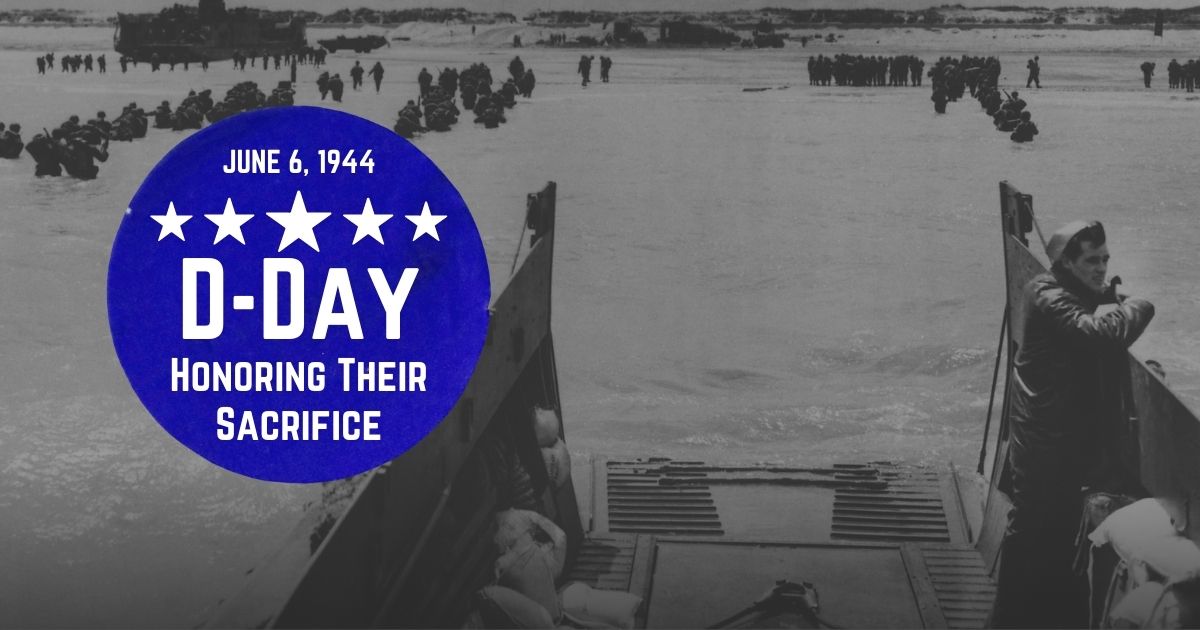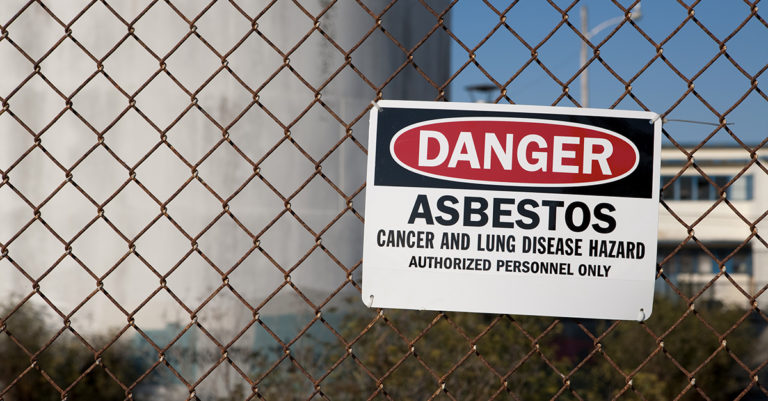
On June 6, 1944, when the Allied Forces stormed the beaches of Normandy, France, it marked a critical turning point in World War II. Overwhelmed by the invasion, Nazi forces retreated back to the Seine River. The Allies accepted their official surrender less than a year later.
The pivotal invasion was dubbed “Operation Overlord,” but many people refer to this consequential battle as “D-Day” or the “Battle of Normandy.” Today, D-Day is remembered and observed in many of the ally nations, including the United States, the United Kingdom, and France.
D-Day is observed not only because it kicked-started the liberation of Western Europe from years of Nazi control, but because on that day, more than 4,400 allied troops lost their lives. Of those, it’s estimated that 2,501 were American soldiers and 1,913 were soldiers from other allied nations.
On June 6, 2025, we observe the 81st anniversary of D-Day. Today makes for a great day to honor the lives and families of the soldiers who lost their lives that day and to pay respects to all of the U.S. veterans who have served and protected the United States at home and abroad.
Honoring U.S. Veterans This D-Day
With both Military Appreciation Month and Memorial Day just passed, D-Day offers Americans yet another opportunity to appreciate the sacrifices made by those in the military. While D-Day has proven to be one of the most pivotal military operations of the 20th century, American troops have since fought hundreds of battles since World War II.
When soldiers become veterans, they often carry battle wounds — both physical and mental — with them as they return to civilian life. Sadly, thousands of veterans continue to fight battles long after their combat days are over.
It’s during this transition period when American civilians can offer their heartfelt support for veterans. According to the U.S. Dept. of Homeland Security (DHS), veterans suffer from a number of different ailments, including:
- Post-Traumatic Stress Disorder (PTSD)
- Traumatic brain injury
- Chronic pain
- Exposure to hazardous substances
Some ailments, like the deadly cancer known as mesothelioma, disproportionately impact U.S. veterans. The only known cause of mesothelioma is asbestos exposure.
Throughout much of the 20th century, including during WWII, the U.S. military used asbestos products to help build naval ships, bases, and vehicles. As a result, tens of thousands of soldiers were exposed to asbestos.
Today, around 30% of all new mesothelioma diagnoses belong to military veterans, particularly those who worked on or near naval shipyards.
Paying Tribute to Our Soldiers on D-Day
In the United States, some 81 years after the Allied troops’ invasion of Normandy, D-Day is an observance day. So while it is neither a federally recognized holiday nor a day off from work, the significance of the day is still observed across the country at the local, state, and national level.
Many Americans choose to observe D-Day by visiting local memorials, museums, and ceremonies that pay tribute to our country’s veterans. In the United States, there are several states that have memorials and museums dedicated specifically to D-Day.
In Bedford, Virginia, for example, the National D-Day Memorial serves as our nation’s memorial for American D-Day veterans.
Still, other Americans choose to observe D-Day by learning more about the history of the events surrounding the Battle of Normandy by reading books or watching movies and TV shows, such as Saving Private Ryan and Band of Brothers.
However you choose to observe D-Day, be sure to consider all of the veterans who have made sacrifices so that we can keep the freedoms that we all hold dear. Without the sacrifices made by American and Allied soldiers on D-Day, we may well be living in an entirely different world.
Serving U.S. Veterans Today and All Through the Year
On the 81st anniversary of D-Day, it’s important to take time to reflect on how the brave men and women in the military have put their lives on the line to serve and protect all Americans.
All days of the year, Simmons Hanly Conroy believes in supporting veterans and their loved ones, as well as the families of fallen soldiers. Our team has spent more than 25 years offering assistance to veterans who have been diagnosed with mesothelioma and other asbestos-related diseases.
Our firm was founded with veterans in mind. In fact, Simmons Hanly Conroy Chairman John Simmons is a U.S. military veteran, as are many of the mesothelioma lawyers on staff. We are familiar with the asbestos regulations specific to military exposures, and we use our experience to fight for their rights every single day.
“Our law firm has represented over 3,600 veterans, and we’ve employed staff who have served across all of the U.S. Armed Forces,” explains John Simmons. “We have attorneys in the Marine Corps, linguists who served in the Air Force, machinists who served in the Navy, and nurses who served in the Army.”
If you or a loved one is a veteran battling mesothelioma, we may be able to help. Please call (800) 326-8900 or contact us today for a free, no-obligation legal case review.




